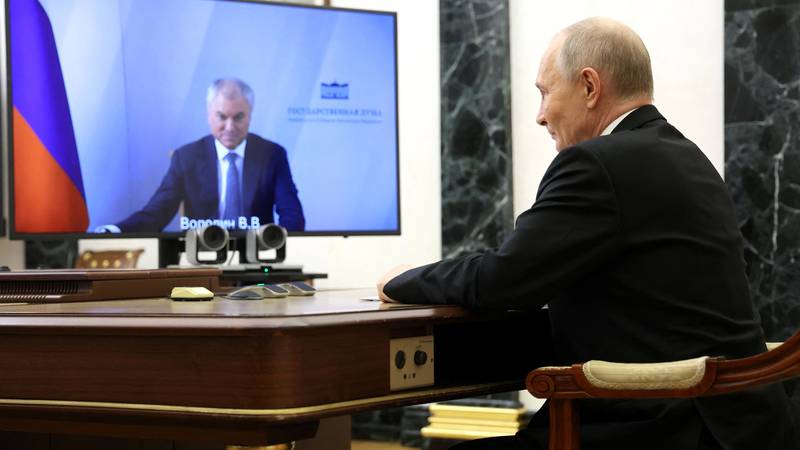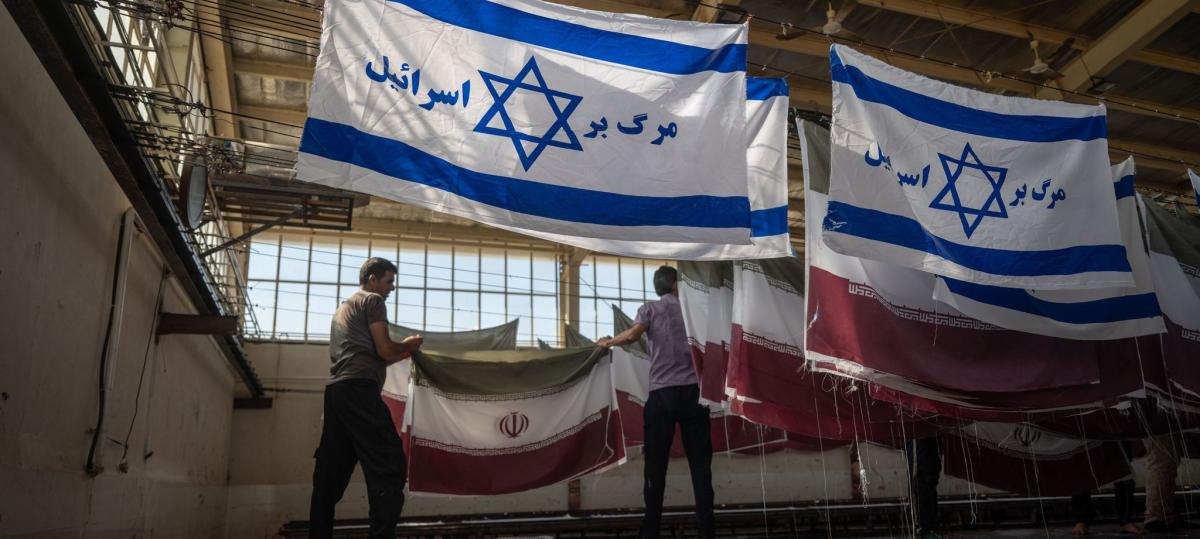The meaning of Tsvetnitsa Diary

In the church, the Great Lent ends with radiant and holidays, or it is better to say with a two-day, two-day holiday. These are Lazarova Saturday, ie. The day when we remember how Christ resurrects his dead friend Lazar, and Tsvetnitsa or Vrbnitsa – when we celebrate Christ’s solemn entry into Jerusalem six days before his transmission of suffering and cross death. Just before we enter the sadness and darkness of the days of suffering, before we once again witness the suffering of Christ, the church shows us the true meaning of the voluntary sacrifice of Christ, of His saving death.
When Lazar dies, Christ is far from Jerusalem and only four days later arrives in Vitania and meets with Lazar, Martha and Maria sisters, and with the crying and grieving friends. This meeting is told in detail in the Gospel according to John. At first, the conversation with Martha and Maria is. Both speak to Christ, « Lord, if I were here, my brother would not die. » And he replies, « Your brother will be resurrected! ».
Still, despite this answer, when he sees the crying sisters and the crying Jews arrived with them, he « saddens, embarrassed. » And here he himself goes to the grave and cries, and the surrounders say him: see how much he loved him. Christ commands to displace the stone on the grave. And when they displace the stone, he, according to the Gospel, « shouted with a loud voice: Lazare, came out!
| What is the point of this event, which is so bright, so joyous and triumphantly celebrating the Church of Lazarova Saturday? |
How to compare the sadness, the tears of Christ with this power to resurrect the dead? With the whole sequence of the feast, the Church answers this question as follows: in the death of his friend, he contemplates the triumph of death in the world – of death that God did not create, but who has reigned and dominated the world, poisoning life and transforming it into a senseless alternation of days.
And here is the order: « Lazarus, go out! ». Here is the miracle of the love of death, here is the challenge of death, the declaration of war of death by Christ, the confirmation that it was destroyed, that the death itself must be killed. And in order to destroy death and its darkness, Christ Himself, which means God Himself, the Himself, life descends into the grave, to meet with it face to face, to destroy it, and to give us the eternal life for which God created us.
Holy Week. The « scandalous » God’s mercy
The next day, Christ enters Jerusalem. However, it is not the way it has often entered earlier – unrecognized, unknown, unrecognized. No – this time he, who never wanted neither power nor glory, as if he were preparing his celebration himself. He commands his students to bring a young castle, sits on it and enters the city, preceded by the crowd, by children with palm branches in their hands. And this crowd, these children welcome him with the ancient greeting, with which they turned only to the king: « Susanne! Blessed is coming in the name of the Lord! Heanna in the heights! And the whole city shocked, » the evangelist writes.
But what does all this mean – this crowd, these palm branches? And why every year do we remember this event with such joy – as if we ourselves stand on the street in the Holy City and wait, and we meet, and we rejoice, and repeat the same words, still the same eternally « lingering »? This means that, although only in one of us, all of us, Christ was king, that he reigned that he had been recognized by the people as king! Yes, He studied about the Kingdom of God, his future reign. On this day, however, six days before Easter, he showed his kingdom on earth, discovered it to the people, called them, and with them and all of us, to become citizens of this kingdom of Christ, subjects of this humble king – of the king without earthly power, but without earthly power, but omnipotent through love.
| We live in the world, in countries denied by God, occupied only with ourselves, trembling for their power, power and victories. |
And there is almost no place in this world for God’s love, for the light of God, for the joy of God. However, on this one day of the year, when we stand in the overcrowded temples and raise willow twigs, when this royal one is royal again – on this day we say to ourselves and to the world, and testify: no, it has not died, it has not disappeared from the face of this kingdom, which is so bright.
Tsvetnitsa is – one of the most beloved and expected spring holidays
We also say to God: you are the only Lord, you are our only king and we know, and we believe, and we claim that it – this kingdom of your love, of your victory over sin, over evil and death – will conquer and that no one will take away from us the joy of this faith. Let people assign all their hopes of power and violence, let them believe only in weapons, prisons and fear. Let them torment other people. But no – this kingdom of violence, evil and lie will not resist. It will collapse as all previous kingdoms have collapsed, as all previous authorities have disappeared.
However, your Kingdom, Lord, will remain. And there will be a time when with your love you will erase every tear from our eyes, you will dissolve in your joy every grief and illuminate with the light of eternity the world you create.
On the day of Tsvetnitsa, we know that after this celebration, Christ begins His ascension to suffering and to death. But the light that blazed that day will illuminate this bottomless darkness as well. We know that after the cross and death the dawn of the unspoken Easter joy will rise.
Here are the meaning and power of these amazing days – on the days when, by completing the post, we are preparing to follow Christ in His voluntary suffering, in His victorious indulgence in death, in his resurrection on the third day.
Easter Without Pope: How Catholics Prepare for Holy Week
The text is from the book of Prot. Alexander Schmemann « Sunday Conversations and Articles », 2012, Communitas Foundation. Translation from Russian Boris Marinov. Archpriest Alexander Schmeman (1921-1983) is one of the iconic Orthodox theologians of the twentieth century. A man with a unique fate, he remains deeply connected to Russian culture without ever stepping on Russian soil, while perceiving France as his « homeland », but is a US citizen. The famous master of the living word, known beyond the Iron Curtain with his legendary talks on Radio Freedom, Father Alexander is the « engaged observer » of his time, immersed in truth and grace. Part of Shumeman’s conversations were issued in 2012 by the Communitas Foundation. At the end of 2011, his « Diaries » also emerged.








